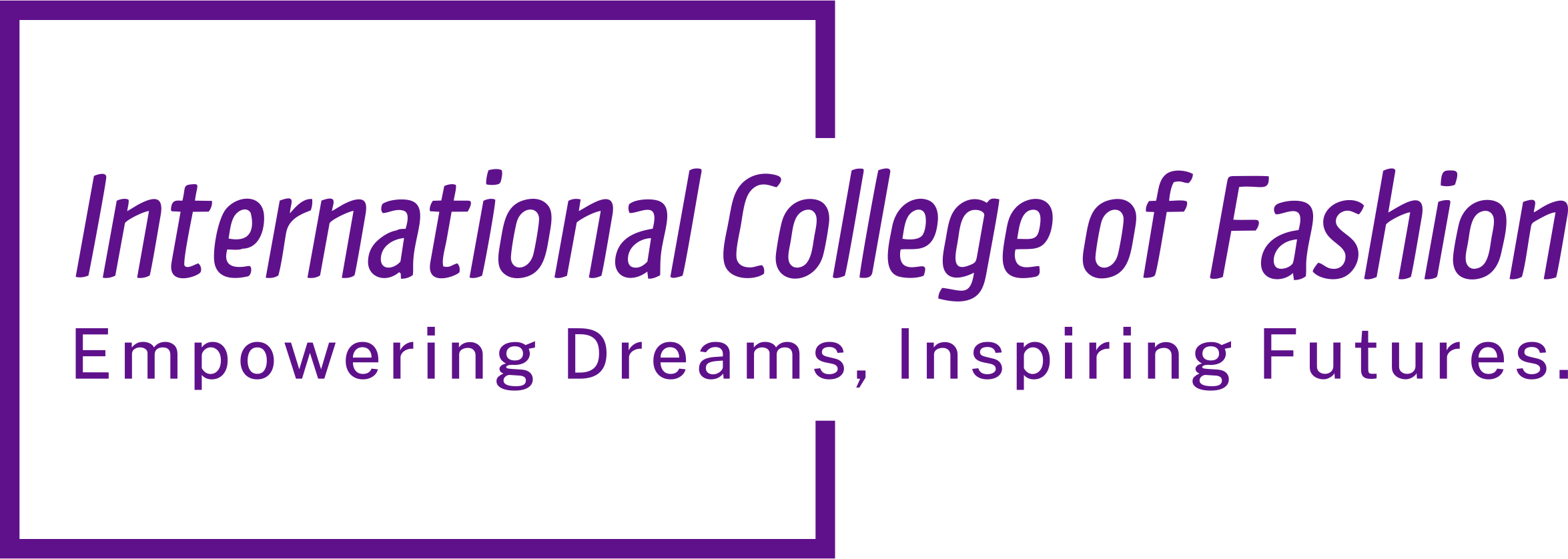Diploma in Fashion Design
- Home
- Course
About Diploma in Fashion Design
The diploma in fashion design offers an immersive, hands-on education in core fashion design principles. Ideal for beginners and aspiring designers, this fashion design programs covers garment construction, pattern making, and fashion illustration. Students gain essential design skills and creative confidence, positioning them for success in the dynamic world of fashion.
Master Garment Construction
Develop expertise in using industrial tools and machines for garment cutting, sewing, and stitching, ensuring well-crafted, wearable designs.
Illustrate Design Ideas
Learn to draw fashion figures and garments with precision, effectively communicating design concepts visually.
Pattern Creation & Modification
Gain proficiency in draping and flat pattern-making techniques, essential for constructing garment patterns accurately.
Create Surface Embellishments
Explore techniques in embroidery, beadwork, and applique, adding unique and intricate details to garments.
Apply Design Principles and Color Theory
Understand design fundamentals like balance, contrast, and harmony, alongside color theory, to create visually appealing designs.
Build a Professional Portfolio
Compile sketches, patterns, and finished garments in a professional portfolio, essential for showcasing talent to future employers or clients.
Advantages of the Earned Diploma
This diploma provides an essential foundation, preparing students for entry into the fashion industry or further studies in fashion design. Studying at a reputed Fashion designing institute offers valuable learning and industry exposure.
Industry-Ready Skills
Graduates leave with practical, hands-on experience that’s immediately applicable in the fashion industry, making them competitive candidates for entry-level roles.
Comprehensive Foundation
With a broad understanding of fashion design, graduates are prepared for multiple career paths, including assistant designer roles, pattern making, and garment construction.
Portfolio Development
The diploma enables students to build a portfolio, an invaluable asset that demonstrates their design skills and creative vision, aiding in securing internships or job opportunities.
Creative and Technical Proficiency
The curriculum balances creative design thinking with technical skills, allowing students to bring imaginative ideas to life.
Networking Opportunities
As part of the program, students interact with faculty and industry professionals, helping them form connections that can support their career growth.
Subjects
Techniques for cutting, sewing, and stitching garments using industrial tools and machines
Creating and modifying garment patterns using draping and flat pattern-making techniques.
Developing skills in drawing fashion figures and garments to visually communicate designs.
Understanding design principles and color theory to enhance fashion aesthetics.
Techniques for fabric embellishments like embroidery, beadwork, and applique.
Compiling a professional portfolio showcasing sketches, patterns, and finished garments.
Semester Breakdown
Focus on foundational skills in Garment Construction, Pattern Making, Fashion Illustrations, and Elements of Design and Color. This allows students to build essential technical and design knowledge, setting a strong base for more advanced applications.
Emphasis on more specialized subjects like Surface Ornamentation and the Fashion Portfolio Project. This semester is more hands-on and project-based, allowing students to apply what they've learned to real-world projects and portfolio development.
